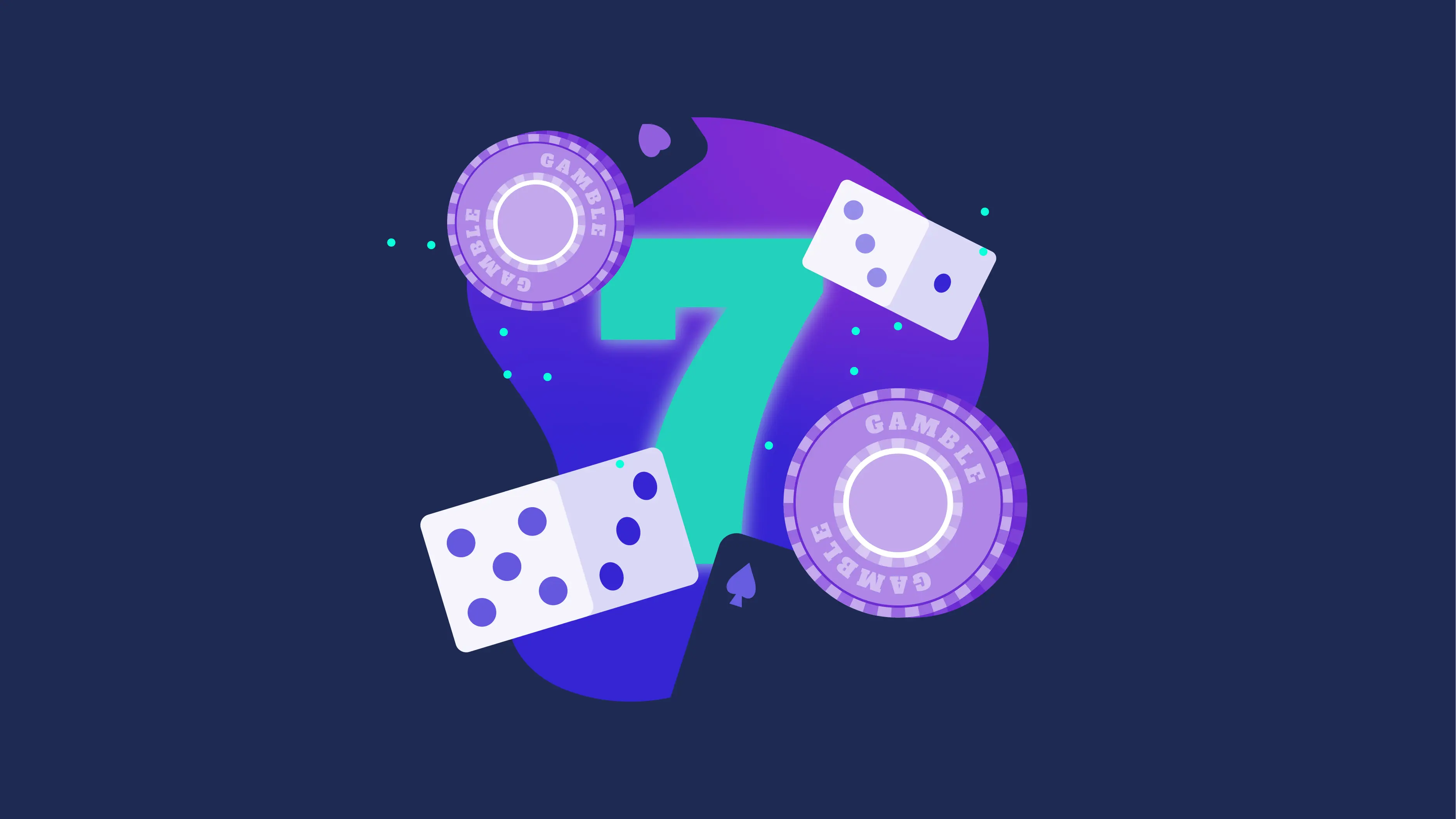Probabilistic Reasoning: Embracing Uncertainty

Introduction
Probabilistic reasoning is the combination of probability theory with deductive logic to formulate solutions to uncertain situations. It’s one of the most important skills that you need in life, yet one that isn’t taught in the classroom (but might be taught in schools). Life is inherently uncertain, you need to be able to act confidently based on imperfect information and consistently update your beliefs as new information is presented (Bayesian inference). Failure to do so could leave you paralyzed, afraid to act until you are absolutely certain about the future – by which point life will have left you behind.
It’s important to think in terms of probabilities in a post-COVID-19 world because there will likely be more uncertainty and disruption at least for the foreseeable future. Luckily, this is a skill that you can work on while at home.
Begin with Base Rates
Probabilistic reasoning requires that you understand the base rates applicable to the situation that you’re facing and incorporate those into your thinking. The base rates could be derived from statistics adapted from historical scenarios, which is especially true in investing. Ideally, these base rates will be determined by external sources. However, in business, where there is limited historical data to derive those base rates from (e.g. the current situation), planning might be based on scenario analysis.
In which case, it’s important to layer on some meta-cognition and think about, “Why do you anticipate each potential outcome?” Is there a historical precedent or personal experience that is driving you to weight one potential outcome over another?
Once you’ve formulated your base rates, you can then begin to overlay additional information as it becomes available to update the potential probabilities for each scenario. Thinking in these terms allows you to move forward without comprehensive knowledge of the playing field. You can amend your strategy on the fly.
More Information Isn’t Always Better
Sometimes having more information doesn’t make the decision any better. This was exemplified in Paul Slovic’s study of eight professional horse handicappers who were tested over a number of rounds. In each round, they were given more information and had to try and pick the winner as well as identify the confidence of their bet.
In the first round, they were given five pieces of information that they selected. In the second round, they were given ten pieces of information, 20 in the third, and 40 in the fourth. In the first round, they were able to select the winner 17% of the time and were 19% confident – almost as confident as they should have been. In the final round, they were no more accurate in their ability to pick winners but were almost twice as confident about their ability to pick the winner (34% confidence).
This shows that having more information might increase confidence but doesn’t necessarily improve outcomes – move forward without perfect information mindfully.
Embrace Cognitive Dissonance
If you’re looking for additional information, I’d argue that you should look for contradictory information. Embrace cognitive dissonance (holding multiple contradicting views in your mind at the same time) and avoid the Fox News Fallacy, where you only seek out support for prior existing views. This will give you a more rounded view, and if after understanding multiple perspectives, you still feel the same conviction, then you’re likely uniquely placed to act confidently in the face of uncertainty.
Improving Probabilistic Reasoning
But how do you improve your probabilistic reasoning while stuck at home? Through games, especially those that have a large amount of hidden information. Games like poker, bridge, and strategic board games (Settlers of Catan comes to mind). All the information in chess is readily available, so it becomes a game of relative skill and is less applicable to real-life situations.
I’ve noticed that a number of professional investors are drawn to poker, which seems antithetical to me because investing, when done well, is more akin to watching paint dry than a high-stakes poker game. However, it’s not the thrill of the rush or the smell of the cards that draws them in; it’s the ability to hone those probabilistic reasoning skills. Poker requires players to make decisions based on less than perfect information about the cards that will come out and what their opponents are holding.
For example, if you hold a low pair after the flop, in late position and an opponent who checked in the prior round bets aggressively, you would likely update your prior belief, “They have nothing,” to “They likely had a high card and were waiting for a pair, which they’ve hit.” Failure to update your prior belief could lead you to ruin – or calling their bluff.
Conclusion
Life and business are messy, generally, and the current situation has complicated things further, making it difficult to act with conviction. Given the opportunity, play poker, bridge, and strategic board games to hone your probabilistic reasoning skills. It will help you make better decisions in a world where increasing uncertainty is the only certainty over the near term.